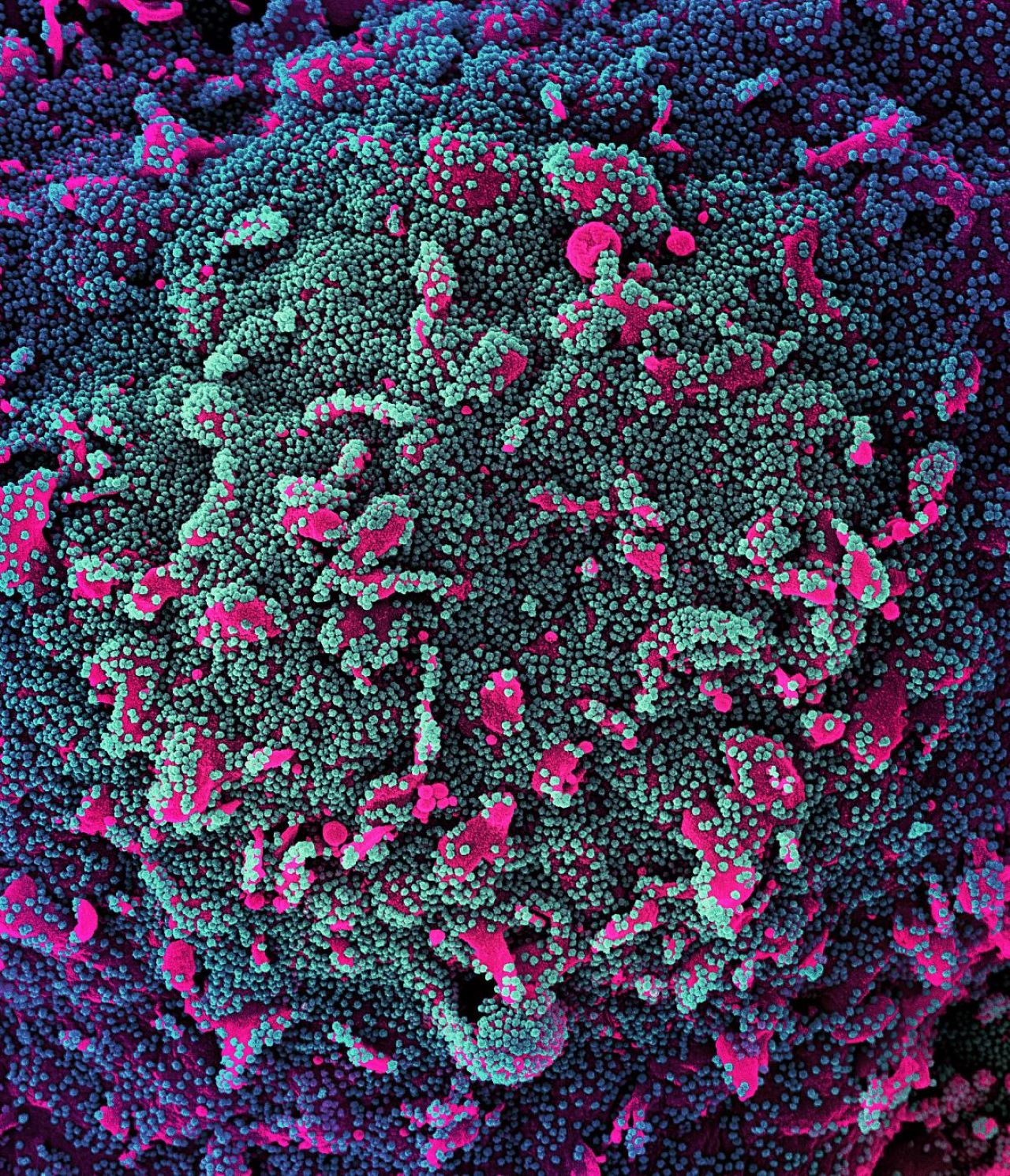
The National Institutes of Health (NIH) unit National Institute of Allergy and Infectious Diseases (NIAID) in the US has initiated an observational study to analyse the short and long-term health outcomes of Covid-19.
The study, called Pediatric Research Immune Network on SARS-CoV-2 and MIS-C (PRISM), will also include multisystem inflammatory syndrome in children (MIS-C).

Discover B2B Marketing That Performs
Combine business intelligence and editorial excellence to reach engaged professionals across 36 leading media platforms.
NIH noted that Covid-19 usually causes either no illness or only mild illness in children, but some develop serious illness on getting infected and some who initially had no symptoms develop MIS-C later.
A life-threatening condition, MIS-C is marked by severe inflammation of one or more body parts and begins several weeks after SARS-CoV-2 exposure.
Sponsored and funded by the NIAID, the multicentre, observational cohort study will enrol around 250 children and young adults aged 20 or under at around 20 sites in the US.
Participants with detectable SARS-CoV-2 in respiratory samples, with MIS-C symptoms, or both, will be followed for a year.

US Tariffs are shifting - will you react or anticipate?
Don’t let policy changes catch you off guard. Stay proactive with real-time data and expert analysis.
By GlobalDataThe NIAID Director Anthony Fauci said: “It is critical that we learn how to prevent and treat this rare but very serious syndrome in children.
“Information gathered through the PRISM study may ultimately help clinicians diagnose and treat MIS-C as well as predict which children are susceptible to the disease.”
The study will evaluate the number of children who die, are re-hospitalised, or have major health issues related to Covid-19 at six and 12 months after initial presentation with Covid-19, MIS-C, or both.
Another goal of the study is to analyse the immunologic mechanisms and immune signatures linked with different forms of MIS-C and Covid-19 in children.
The NIH anticipates results from the observational study in mid-2022.
In November, the NIAID announced the commencement of Covid-19 patient enrolment in the fourth iteration of the Adaptive COVID-19 Treatment Trial (ACTT-4).





